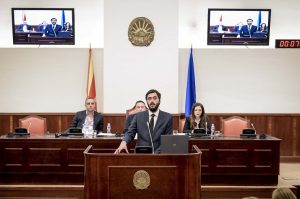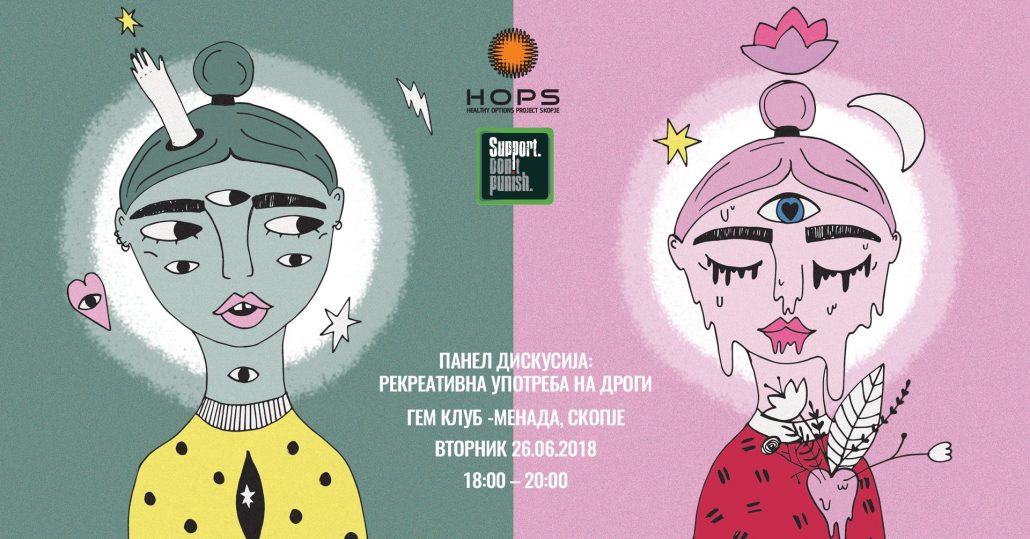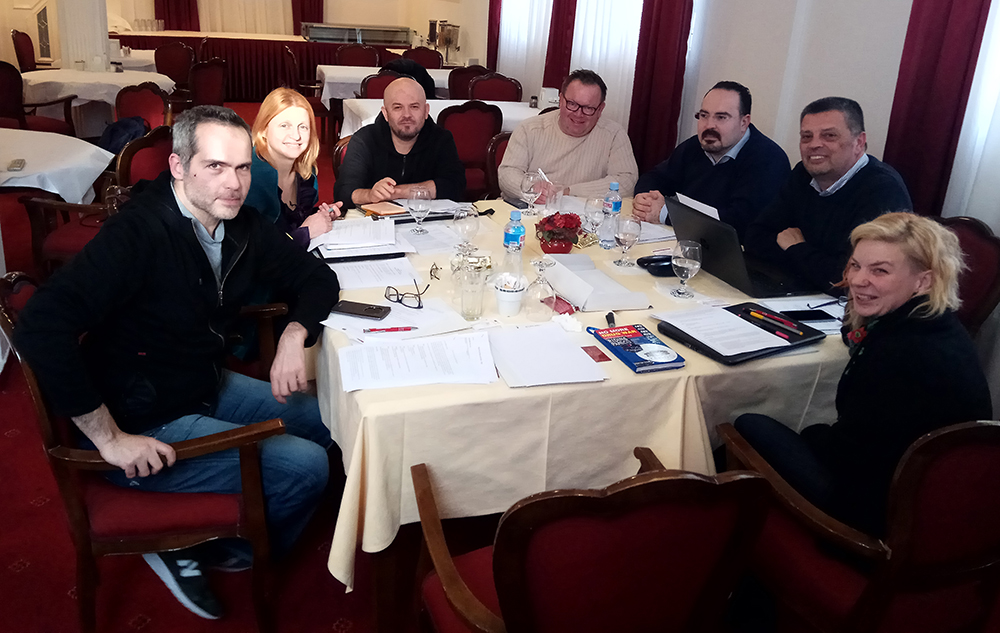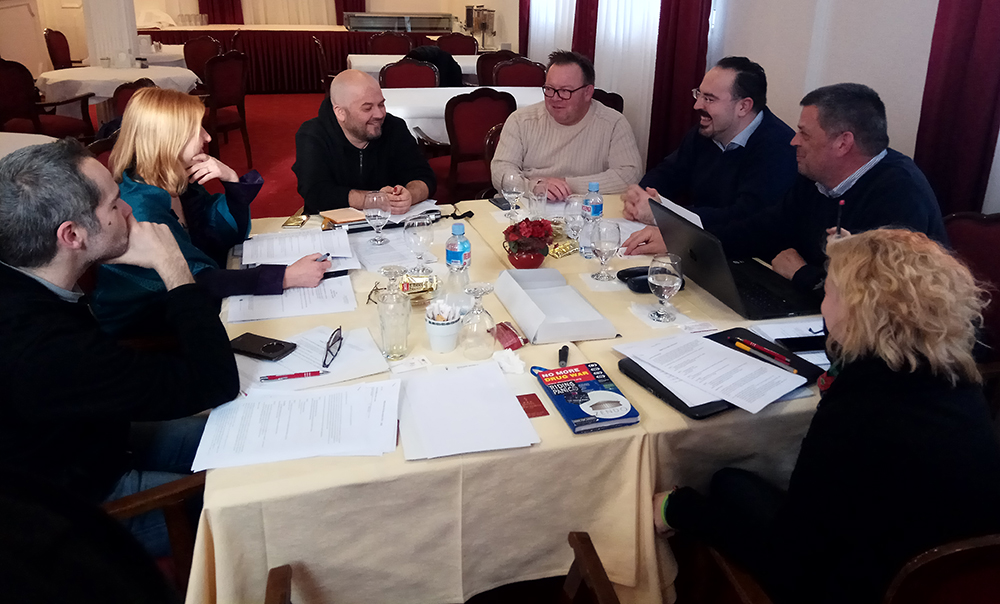The EU TACSO 3 project organised the EU Western Balkans and Turkey Civil Society Forum on 8 – 9 June 2022, in Skopje, North Macedonia. Senior officials from the European Commission, EU Delegations, governments and diverse representatives from civil society organisations attended the Forum, a total of 120 participants in person, and an additional 100 online. In light of recent dramatic developments in Europe, namely the COVID-19 pandemic and Russia’s war of aggression against Ukraine, the Forum provided an opportunity to better understand challenges and opportunities in the region, and the role of civil society in helping to respond.
 The main objective of the Forum was to launch the revised EU Guidelines for Support to Civil Society in the Enlargement region (2021-2027). These Guidelines set out objectives for EU assistance to civil society, provide a tool for governments to improve cooperation with civil society, and help to measure progress towards meeting conditions for EU integration. Over the period 2014 to 2020, through the Civil Society Facility and Media Programme, the EU has provided around EUR 330 million in support for civil society, whereas the amount planned for the period 2021-2023 is EUR 218 million. The Guidelines will assist the EU to assess the impact of this support.
The main objective of the Forum was to launch the revised EU Guidelines for Support to Civil Society in the Enlargement region (2021-2027). These Guidelines set out objectives for EU assistance to civil society, provide a tool for governments to improve cooperation with civil society, and help to measure progress towards meeting conditions for EU integration. Over the period 2014 to 2020, through the Civil Society Facility and Media Programme, the EU has provided around EUR 330 million in support for civil society, whereas the amount planned for the period 2021-2023 is EUR 218 million. The Guidelines will assist the EU to assess the impact of this support.
Commenting on the discussion which followed, DPNSEE Executive Director Milutin Milošević emphasized two important point: that the most of the support goes to a selected number of large civil society organisations and that support whould also be shared to small and medium-size organisations, and that besides indicator proposed for implementation of the Guidelines, the impact achieved should be the main source of measuring their success.
The forum also discussed the current state of affairs for CSOs in the region, as well as joint actions on the part of the EU, public authorities and civil society that would address the identified challenges. The four priority areas: the Green Agenda; Rule of law, good governance and anti-corruption; Human rights, anti-discrimination and poverty reduction; and CSO cooperation with the media were discussed in separate breakout sessions.

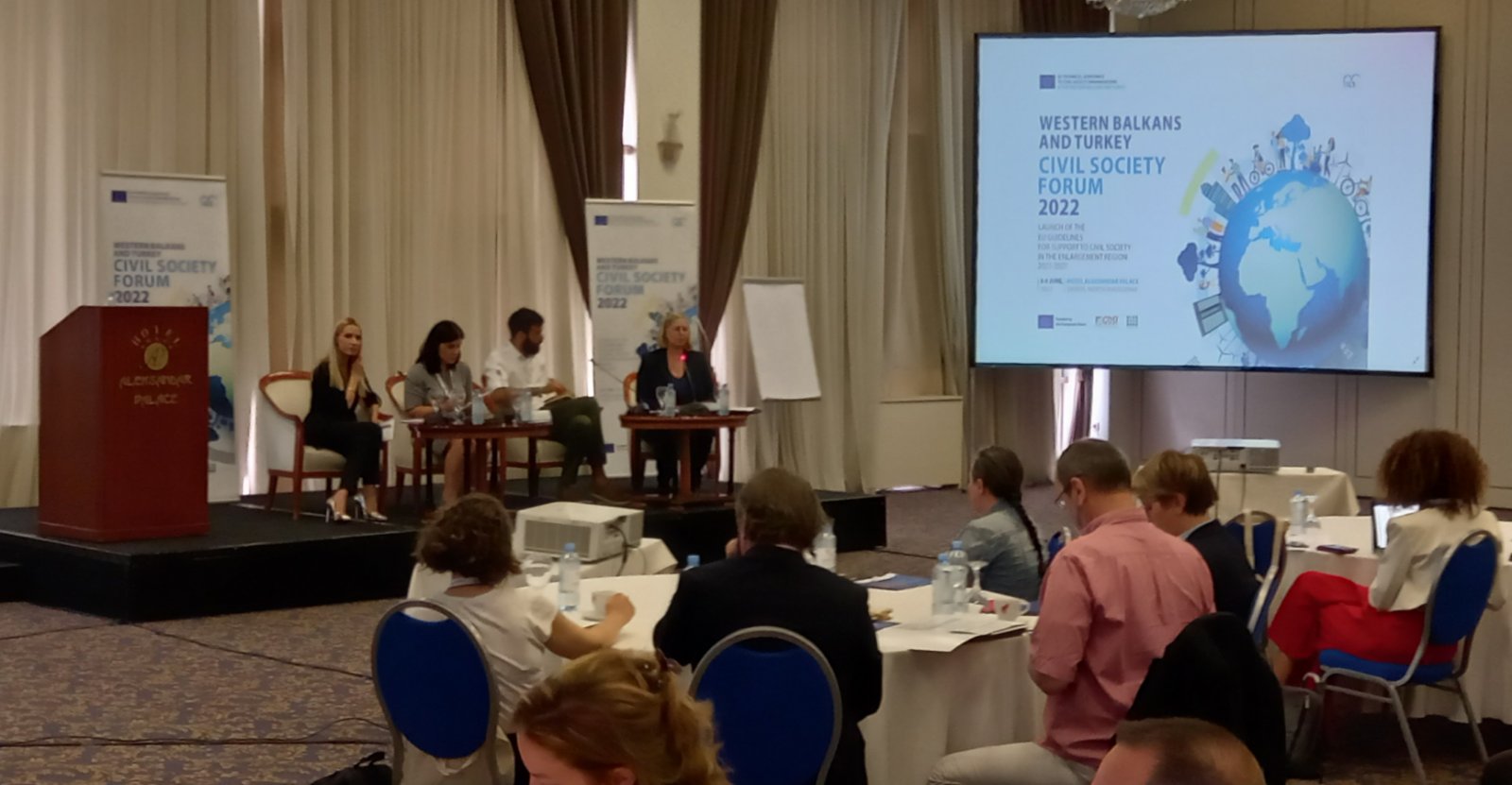


 Significant part of the meeting was dedicated to developing DPNSEE strategic plan. Using the results of the
Significant part of the meeting was dedicated to developing DPNSEE strategic plan. Using the results of the 
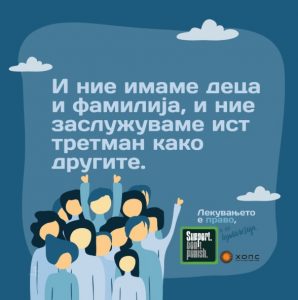 HOPS – Healthy Options Skopje hosted the “Support. Don’t Punish” campaign activities for the fifth time. The focus of HOPS campaign in 2019 is on the quality of treatment programs in Macedonia. The situation in Kisela Voda community is currently critical, with the Daily Centre for Prevention and Treatment of Addictions.
HOPS – Healthy Options Skopje hosted the “Support. Don’t Punish” campaign activities for the fifth time. The focus of HOPS campaign in 2019 is on the quality of treatment programs in Macedonia. The situation in Kisela Voda community is currently critical, with the Daily Centre for Prevention and Treatment of Addictions.

